It’s a question I often get asked. All of my three boys have suffered from childhood eczema at some points during their lives so far and as you know I have also suffered from childhood eczema which went on well into adulthood. Over the years I’ve been able to determine what irritates our skin. Once avoided, the flare-ups are minimal and the skin less angry and irritated. Hopefully, this will be useful to those who are perhaps new to the condition and who wish to try to knock it on its head by making small lifestyle changes instead of reaching for the steroid cream as a first option…
Childhood eczema

Eczema is an inflammatory skin condition, characterised by dry, itchy and red skin patches. It can be a really debilitating condition that can go on to affect many areas of a persons life whether you are the person with the skin condition or the person caring for the baby or child with eczema. It can often feel like a minefield trying to work out what products to use, how to help the itching and how to ‘get rid of it’. Whilst sadly we all know there is no cure yet, there are things we can do to help during this time.
Things to consider
Here are a few things to consider when caring for your baby/child with eczema…
Start off by considering whether it could be a reaction to something being applied topically? Is it due to being exposed to an external allergen/trigger or could it perhaps be the result of a reaction to something they are consuming (food or drink perhaps?)
Let’s start with the possible external triggers…
Pollen
My skin always flares during the peak pollen season. It also affects my children too. I remember when my eldest was a baby and laying in his bassinet on a walk to the park when his face flared horrendously. His eyes were swollen and puffy , and covered in itchy red skin. All the pollen was falling directly on his face as he was lying face up. Do you notice the skin gets worse during peak pollen season? Have a read of my blog on pollen and how to avoid the symptoms of hayfever associated with it here ‘ Top Tips To Avoid Hayfever This Pollen Season.
What are you putting on their skin?
When applying products to your child’s skin whether that be a moisturiser, bubble bath or baby shampoo, ensure they are free of the nasty chemicals that can so often lead to irritation.
Avoid perfumed products
This is a must. Perfume is a well-known allergen and irritant. Even some baby products labelled ‘Sensitive/For babies skin’ still contain perfume. Look out for the ‘Fragrance-free/ Unfragranced option. Also, consider the products that you use on your washing. We can’t use perfumed washing detergents or fabric softeners as they cause irritation. (Read my blog on this here – Is the fabric softener in your clothes irritating your skin?)
Cut out SLS (Sodium Laureth Sulphate)
I’ve mentioned this ingredient in previous blogs. SLS is the chemical used to make shampoo and bubble bath foam. It is also known to be very drying on the skin so is best avoided especially on delicate sensitive skin. It’s in a lot of products so make sure to check the ingredients and avoid it where possible.
Avoid Parabens and Preservatives
Parabens are added to products to ensure they last. They inhibit mould growth inside the product however can really irritate the skin. The most common ones used in cosmetics these days are ‘Methylparaben, Propylparaben, Butylparaben, and Ethylparaben.’ Keep an eye on packaging as most that are paraben-free will state it on the front of the bottle as a selling point.
Ask yourself ‘Do I really need to use this product?’
In my opinion, less is definitely more in a lot of cases when it comes to applying products. Over the years I’ve found that by using fewer products on my children’s skin, the better it is. We rarely applied moisturisers to my middle son’s skin as a baby and in all honesty ‘left it alone’. He has the softest, least irritated skin of all of them!
Often we can be drawn into using products on our babies and children when in fact we don’t need to. Using the wrong products can upset the skins natural ph balance and in turn compromise the skins natural protective barrier. I’ve found that when I apply moisturisers to my boy’s skin too often, it can become drier as though the skin forgets how to moisturise it’s self.
Consider irritants/allergens that we ingest
These are the top 14 food allergens that not only can cause allergic reactions but have been known to irritate and sometimes cause eczema…
- Celery
- Cereals containing gluten – including wheat, rye, barley and oats
- Crustaceans – such as prawns, crabs and lobsters
- Eggs
- Fish
- Lupin
- Milk
- Molluscs – such as mussels and oysters
- Mustard
- Tree nuts – including almonds, hazelnuts, walnuts, brazil nuts, cashews, pecans, pistachios and macadamia nuts
peanuts - Sesame seeds
- Soybeans
- Sulphur dioxide and sulphites
Whilst luckily, as a family we aren’t affected by all of these, there are a few that do affect our skin and cause flares.
Is Dairy contributing?
Over the years I’ve found that one of the biggest triggers for our eczema flares was dairy. My eldest was diagnosed with a Cows Milk Protein Allergy (CMPA) when he was just over 6 months old. My subsequent two sons also had the same allergy however were diagnosed a lot sooner. (To find out more about Cows Milk Protein Allergies’, Read my blog on ‘Does my baby have a CMPA? (Cows Milk Protein Allergy here) My two elder boys have worked through the Milk Ladder under the care of the dietician and can now have dairy. My youngest son is currently working through the milk ladder and I live totally dairy free! (If you live Dairy-free or are looking for food ideas for your Dairy free child, click this link to see my dairy free recipes and my recommended dairy-free food essentials – dairy-free blogs and recipes).

What about wheat?
Wheat is also another allergen that can upset the body and aggravate eczema. It’s worth considering if you have noticed a flare when introducing wheat to your child’s diet or if you notice they flare after they eat it. Keeping a food diary when introducing new food groups to your child in the initial stages of weaning can help you to determine if a delayed skin reaction occurs. In my experience, I gave the same food to my boys for a few days before moving onto something else so that it was easier to pinpoint the allergen instead of adding lots of food groups at once, making it trickier to decipher.
Say no to Sulphur dioxide and Sulphites!
It would seem that not many are aware of sulphites and the impact they can have on the skin. Unfortunately, they are in so many things which we are unaware of. Dried fruits, juices, sauces etc. When I consume them my skin reacts almost instantly and the eczema cycle kicks off. I wrote a blog on this a while ago and whilst the main focus of the blog is wine and beer, it also outlines other foods that it is commonly found in. (Read it here …Red face after a glass of wine? You could have a Sulphite allergy!)
Egg
In the early weaning stages, two of my boys reacted to egg. They would come out in hives and would get really itchy which would often end up turning into eczema. Under the advice of the dietician, we were able to give them small amounts of fully cooked egg and build up the amounts. (Obviously, my boys weren’t anaphylactic to egg – DO NOT ATTEMPT THIS IF YOU SUSPECT THIS! As they got older they were able to tolerate it in more and more foods and now can eat eggs in any form.
My aim for this blog was to spark thought and allow you to question certain allergens which may be potentially causing irritation potentially making your child’s eczema worse.
Avoiding the known irritants and triggers may help clear the skin or at least allow it chance to repair its natural defences.
*As previously stated, I am not medically trained and the points in this blog are purely based on my own personal experience within my family. If you suspect an allergic reaction, please do not wait, please contact the relevant medical professional as soon as possible.
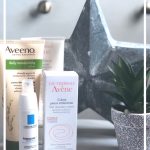

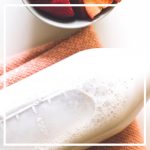
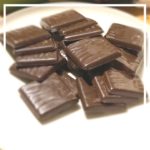
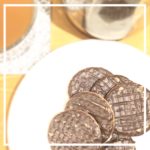
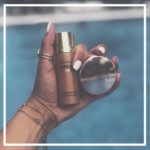

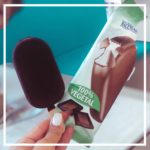



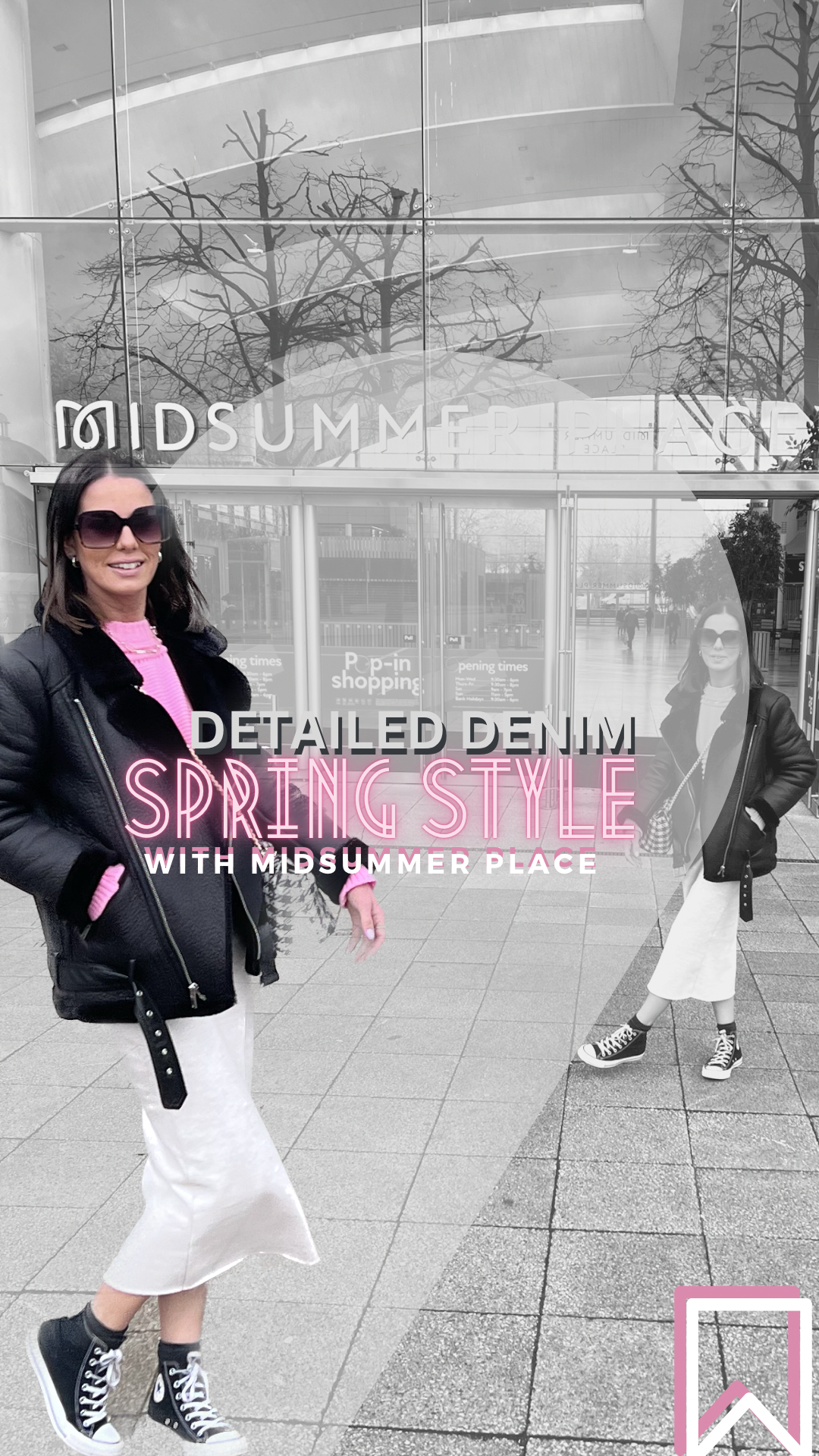

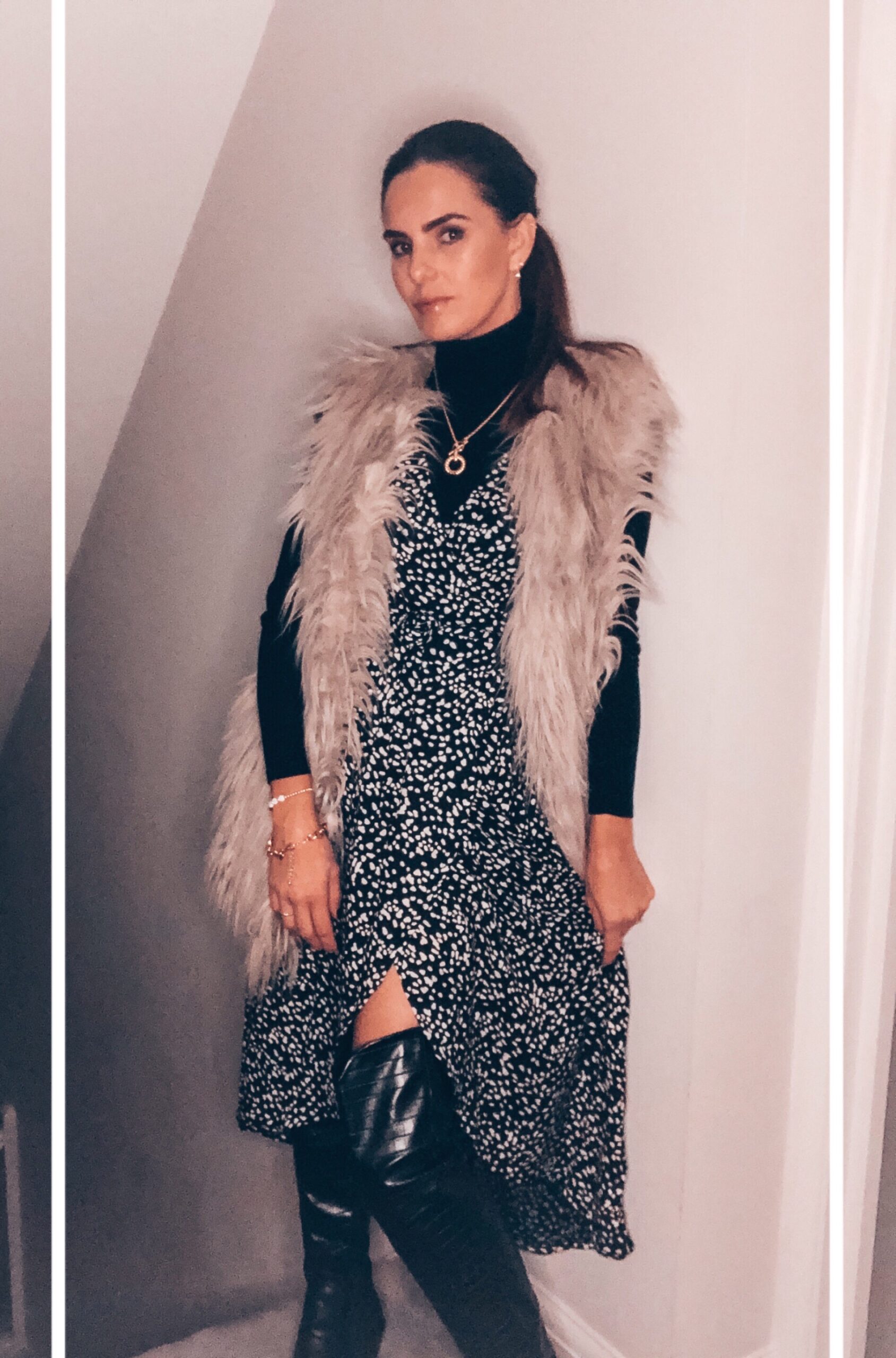
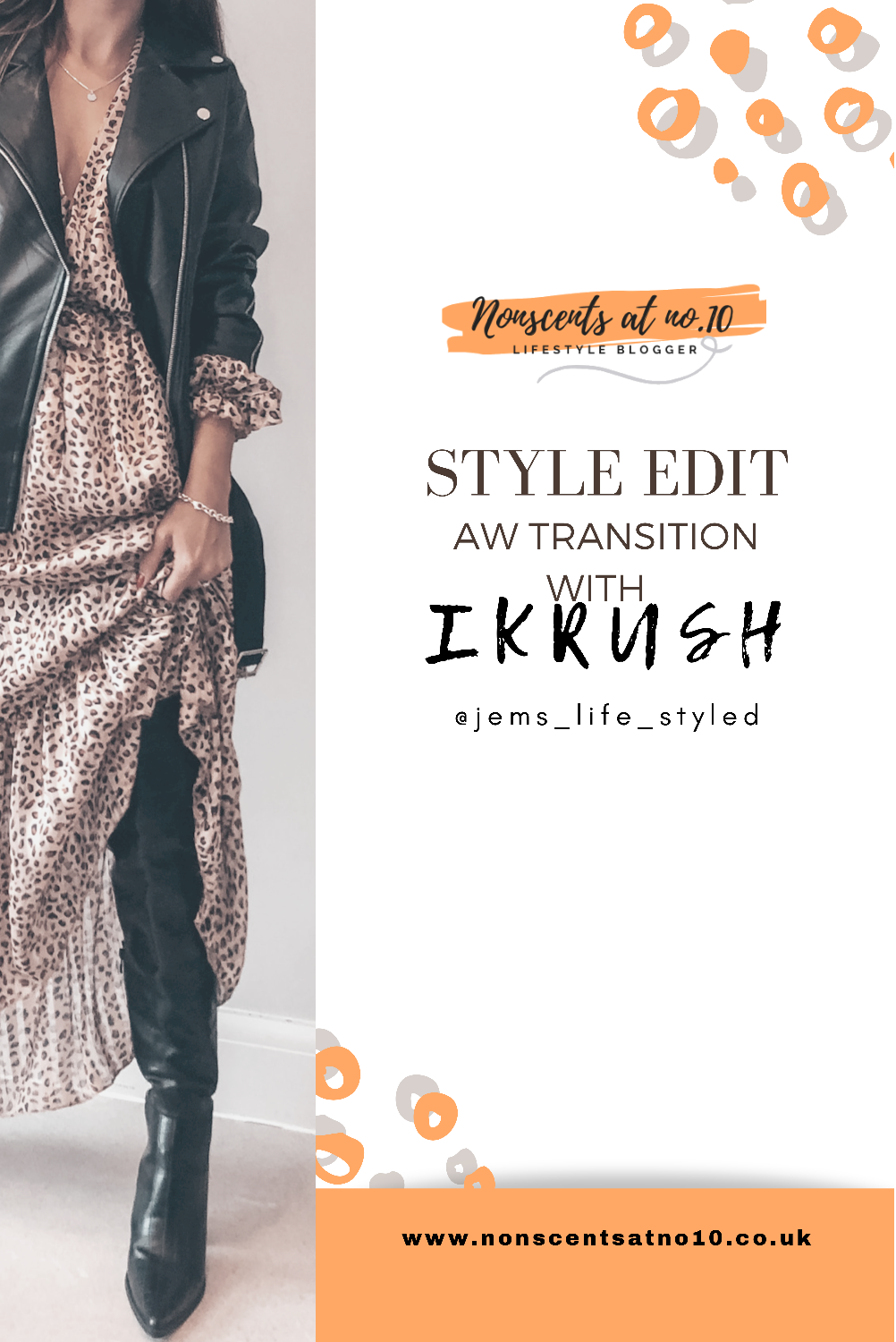

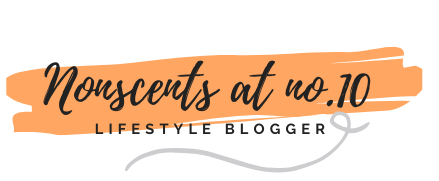


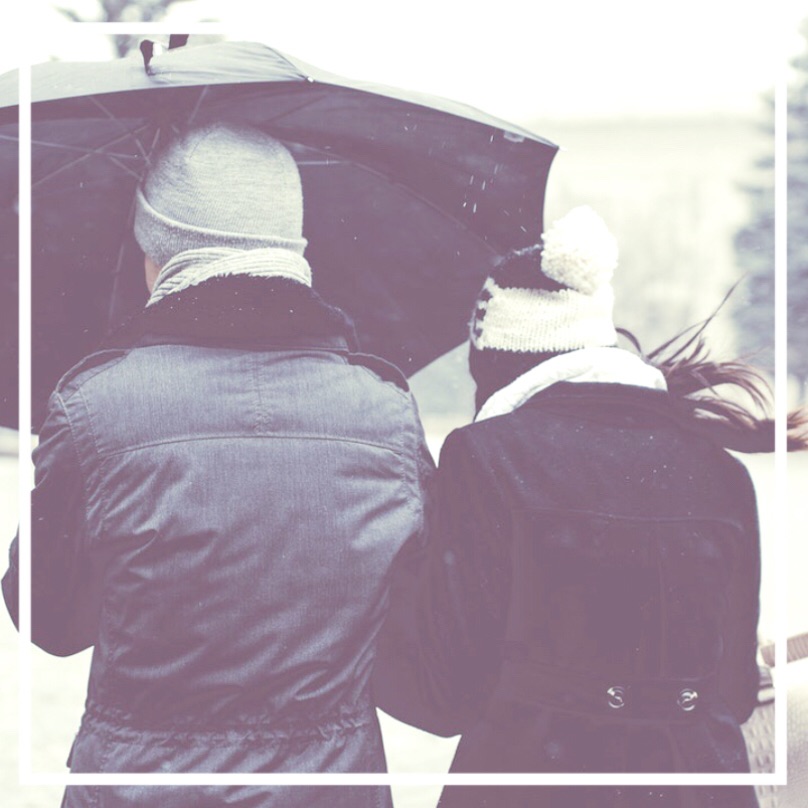
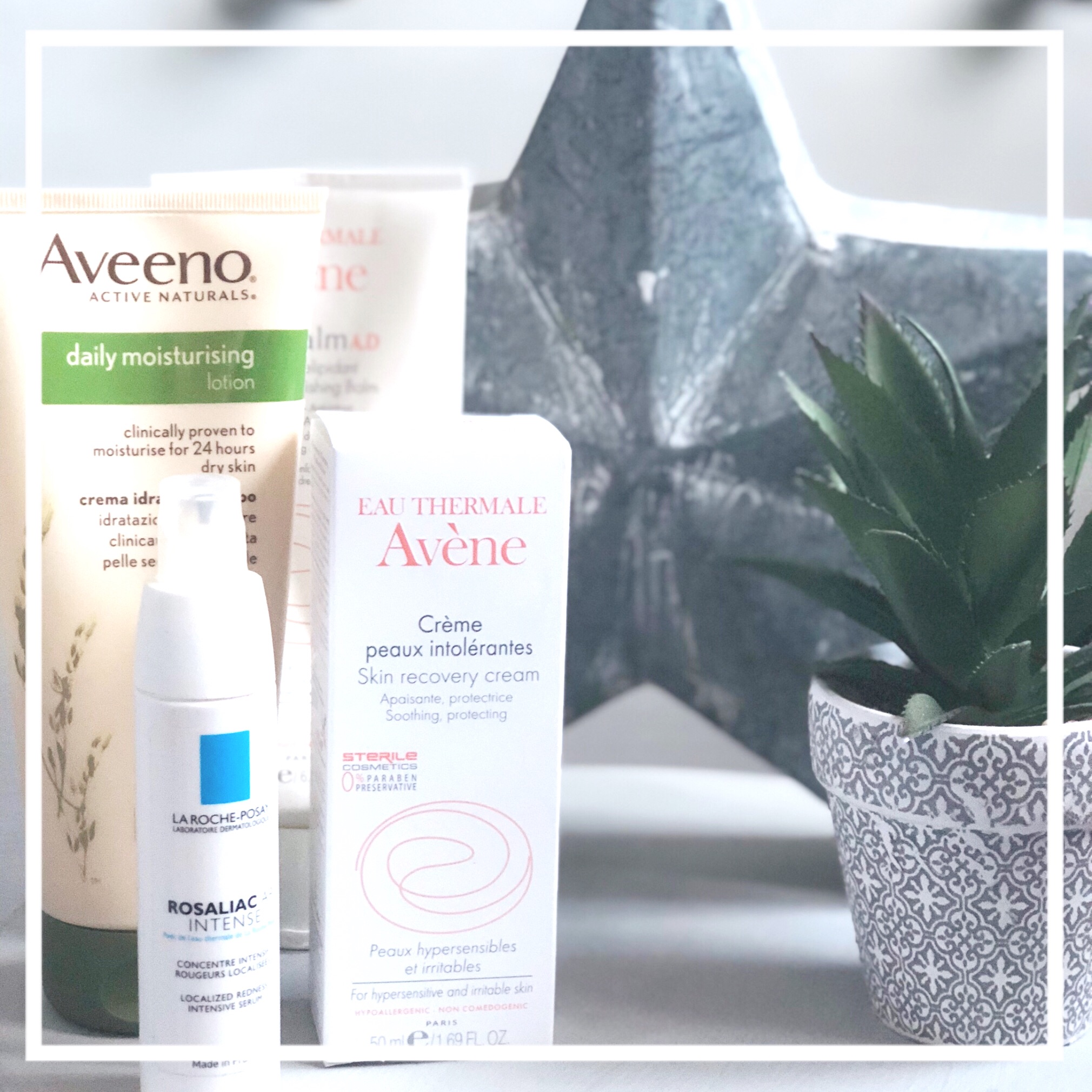




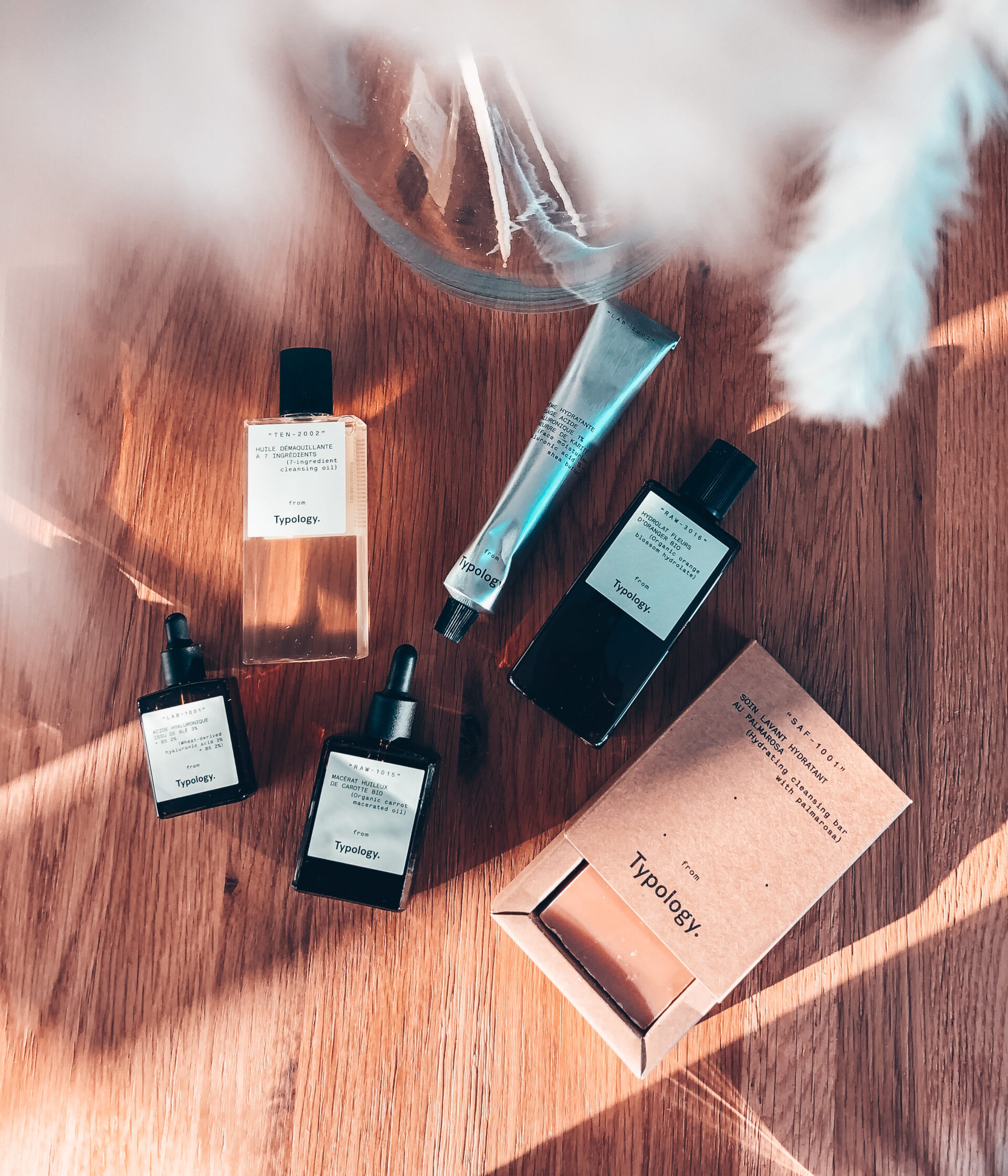
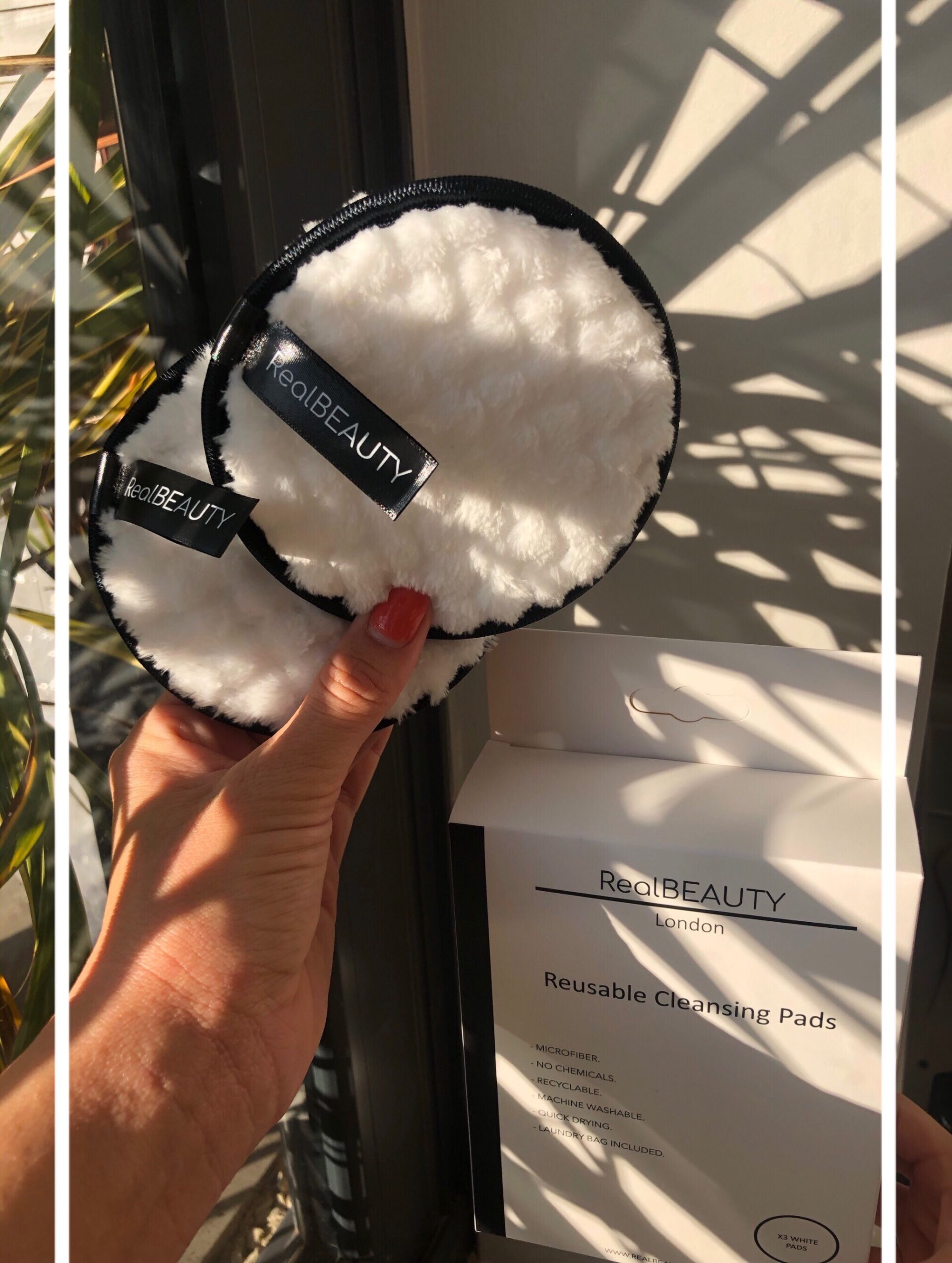
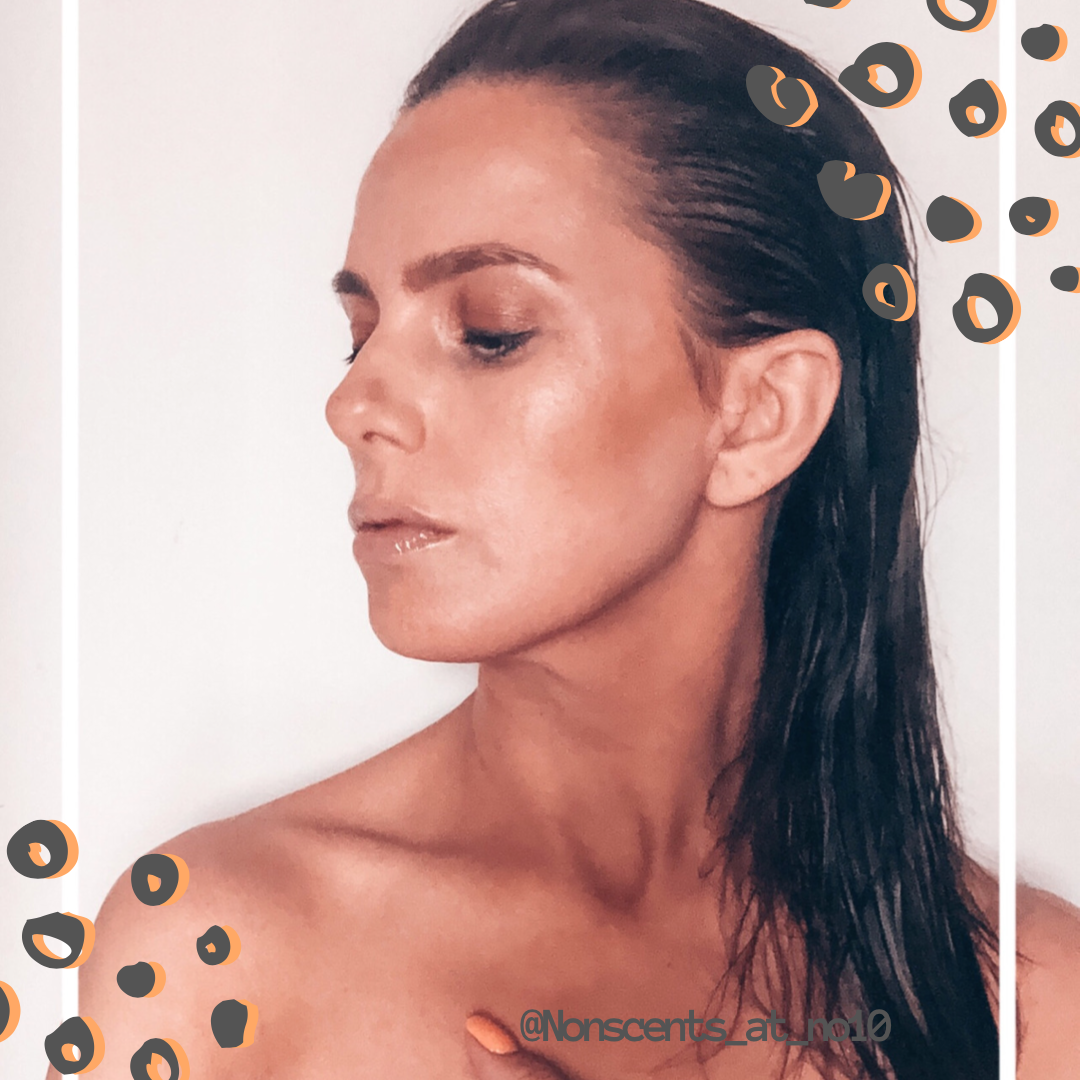
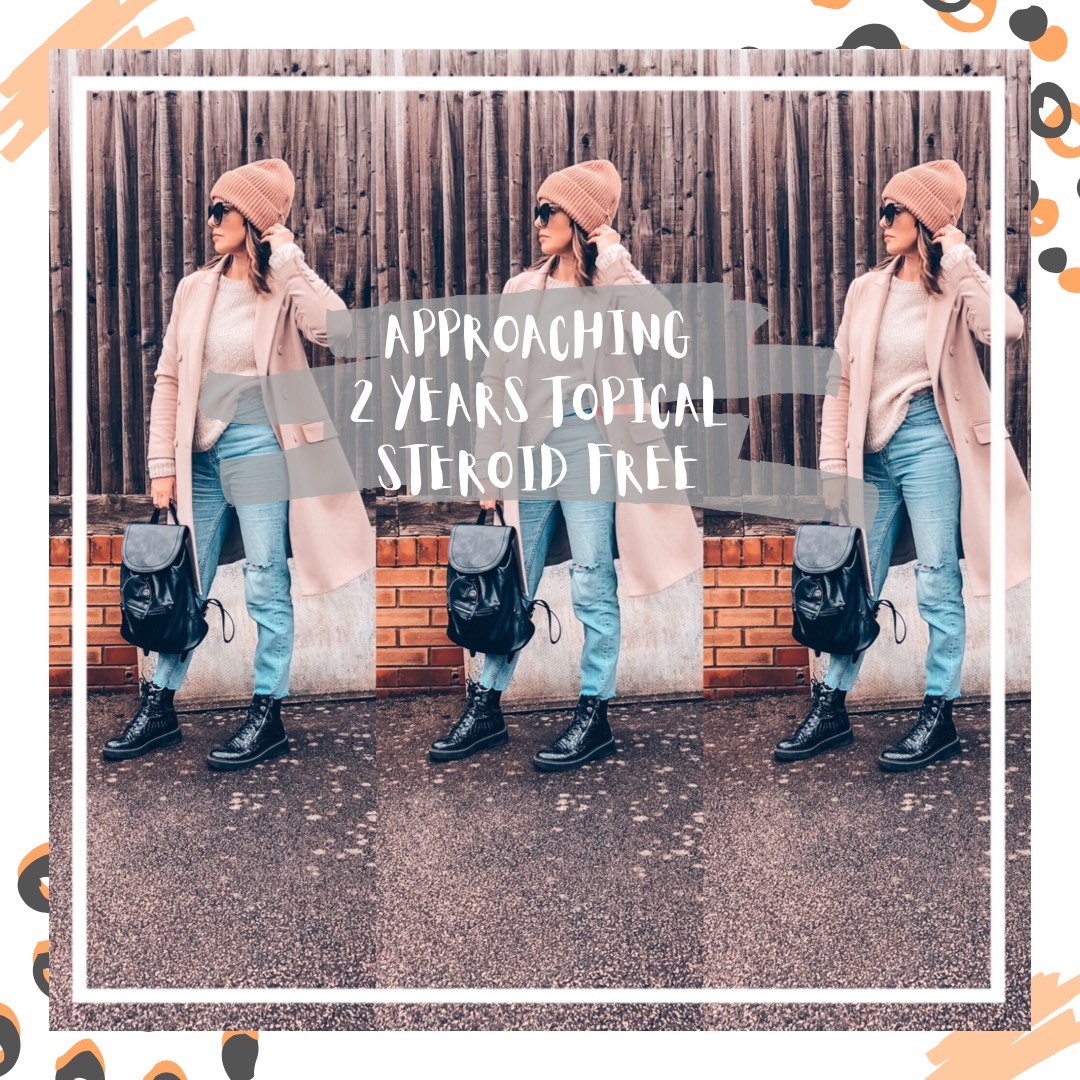
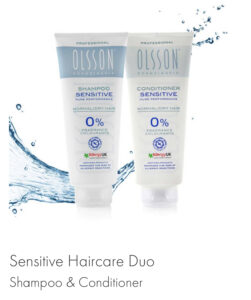
No Comments